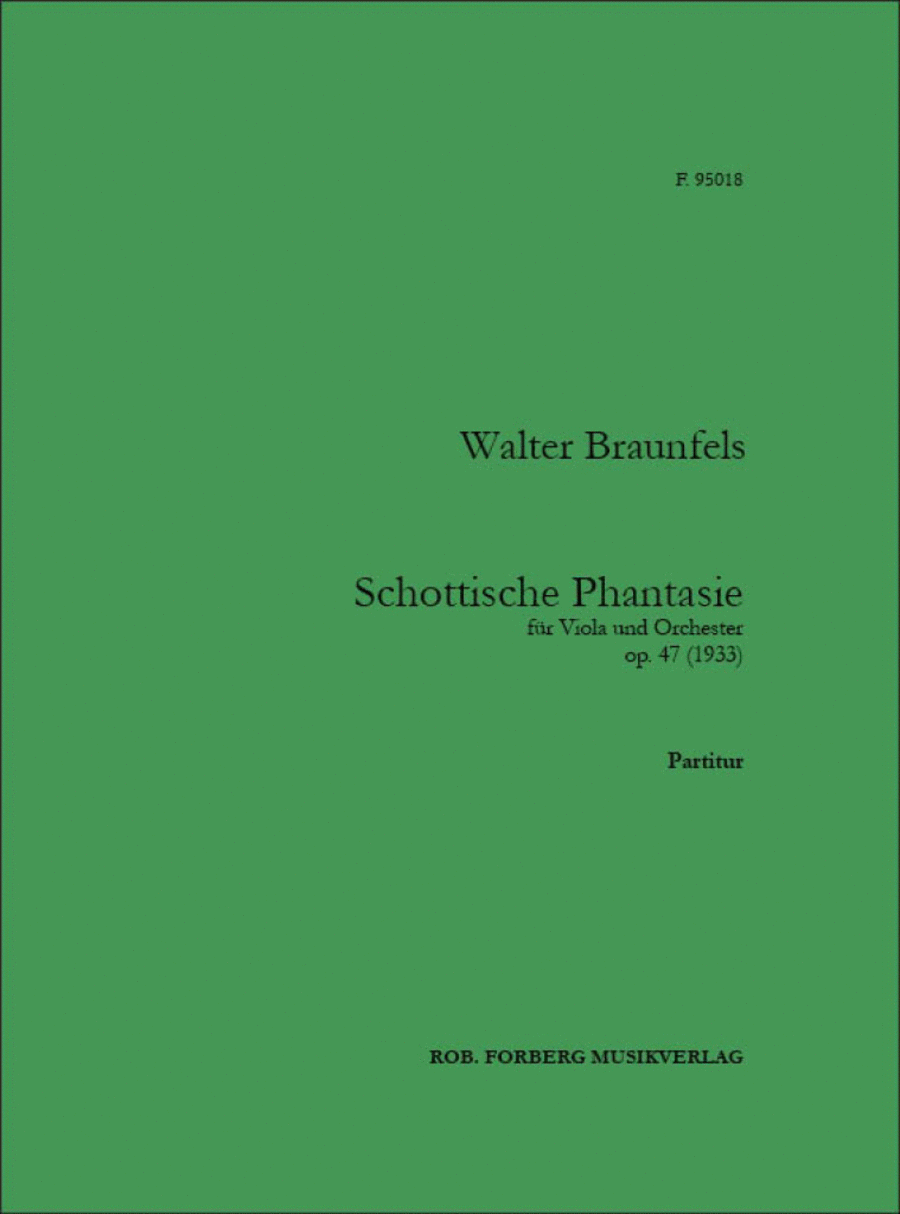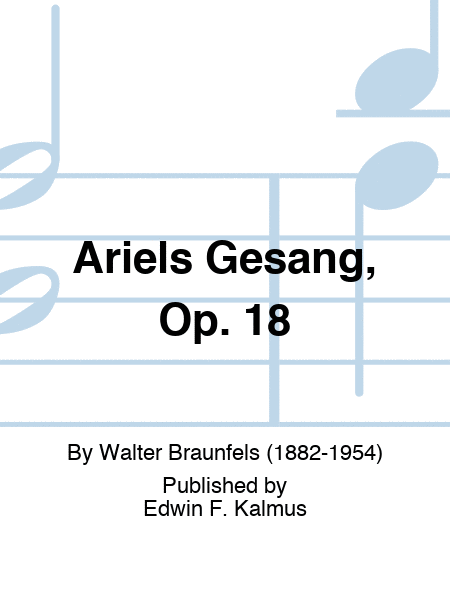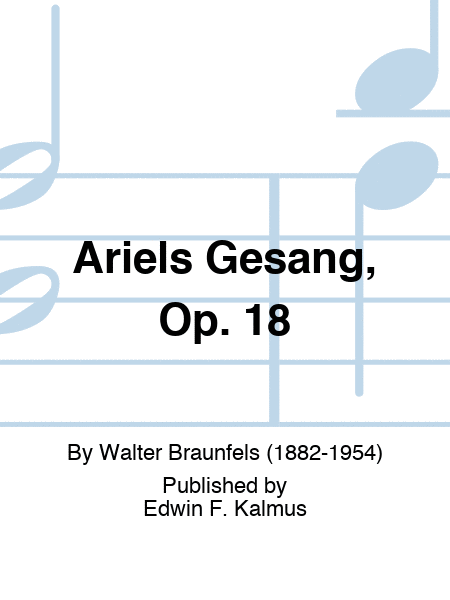Walter Braunfels (1882 - 1954)
 Allemagne
Allemagne
 Allemagne
AllemagneWalter Braunfels (German pronunciation: [?valt?r ?b?a?nf?ls]; 19 December 1882 – 19 March 1954) was a German composer, pianist, and music educator. Walter Braunfels was born in Frankfurt. His first music teacher was his mother, the great-niece of the composer Louis Spohr. He continued his piano studies in Frankfurt at the Hoch Conservatory with James Kwast.
Braunfels studied law and economics at the university in Munich until after a performance of Richard Wagner's Tris ... (Read all)
Source : Wikipedia
Braunfels studied law and economics at the university in Munich until after a performance of Richard Wagner's Tris ... (Read all)
Source : Wikipedia
FREE SHEET MUSIC ORCHESTRA - BAND
Active criterias:
Search on #ORCHESTRA - BAND
| |||||||||||||||












